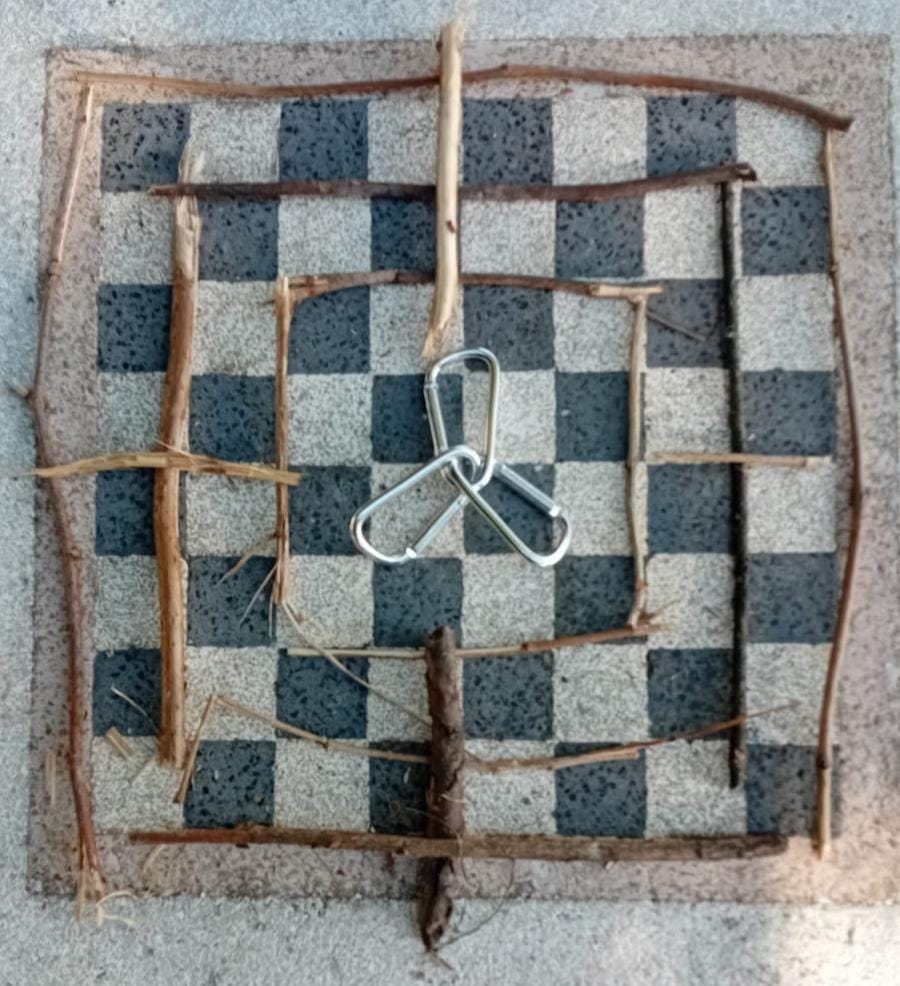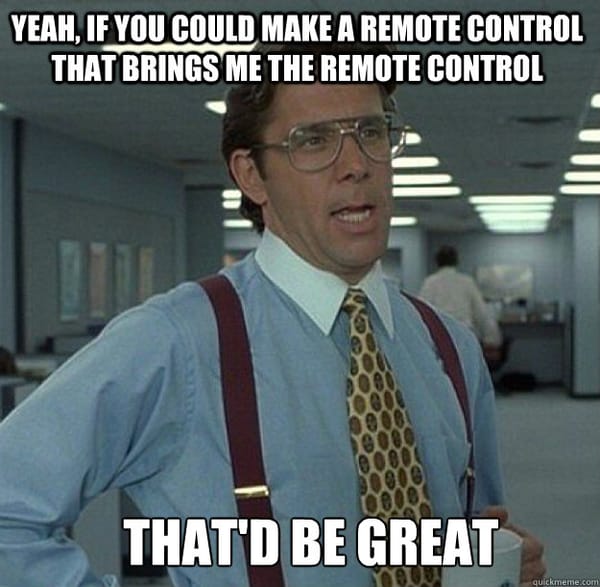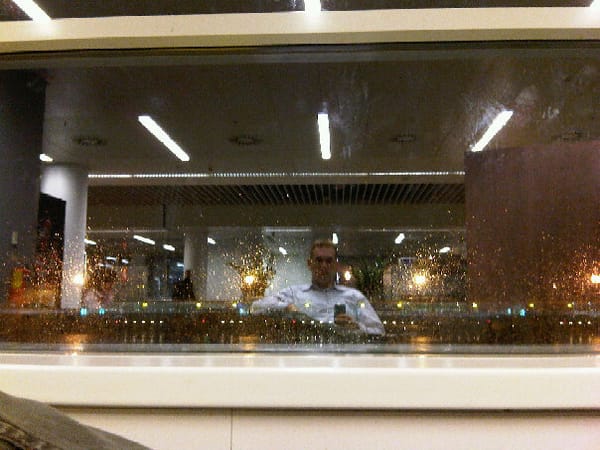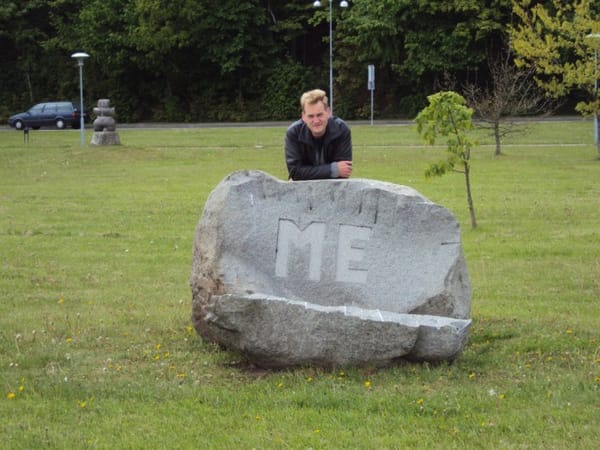My research trip to China
I once had the opportunity to visit Shanghai, so I did. This behavior as been with me my whole life... if I saw an opportunity to go somewhere, I always took it no matter what because there would be an opportunity to add a perception to something.
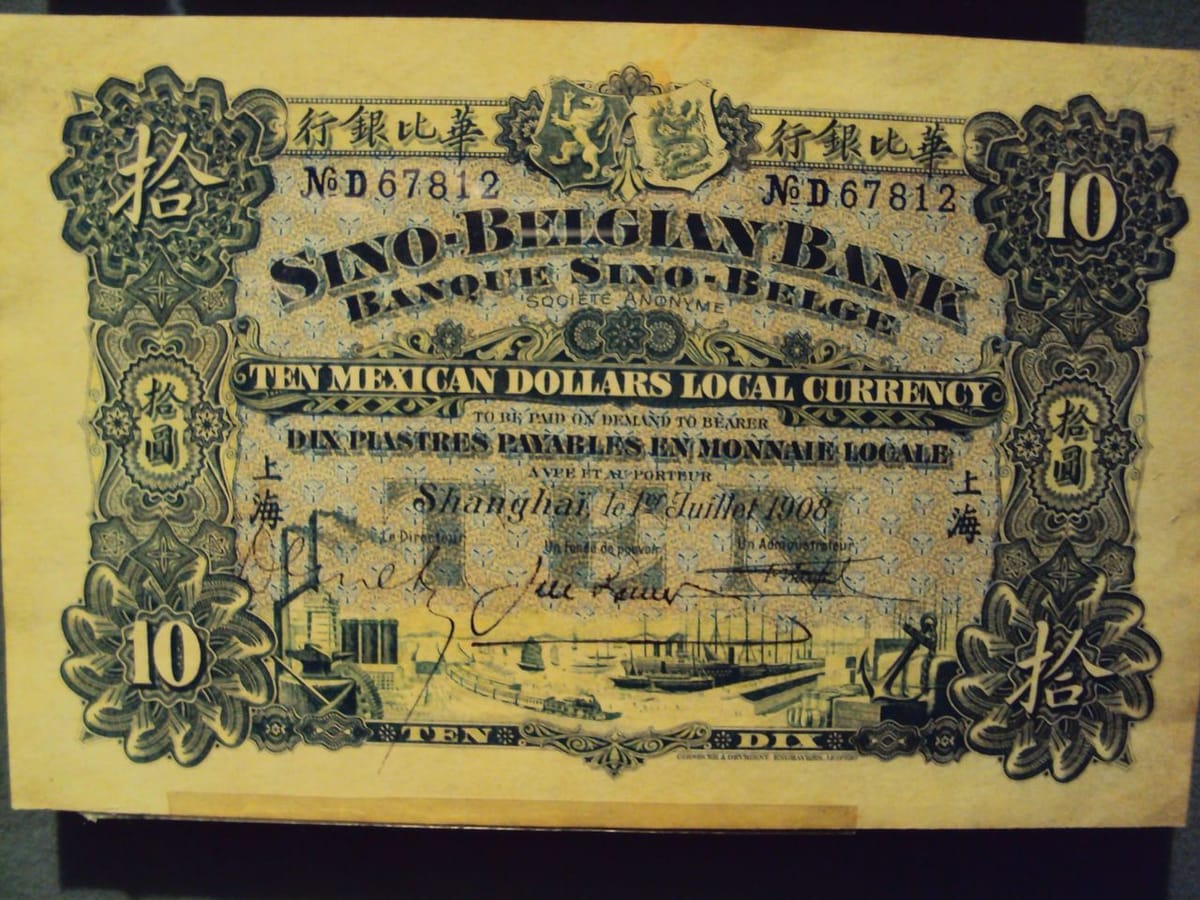
And you are all scared of adding perspective... I know. But trust me... This is going to be fun.
We're going to talk about a thing called money today, and a thing called debt.
And that thing called GDP is important right? So let's start there. It's an acronym for Gross Domestic Product.
Which means that you start by drawing imaginary lines on the ground, and then try to calculate how much "value" is being "created" as a product by that geographical location.
Doing this is always very gross... and the term "gross" has several meanings:
- Total: Refers to an amount before any deductions, such as taxes
- Unpleasant: Describes something that is extremely unpleasant or offensive
- Large or Ugly: Can refer to something that is extremely fat, large, or ugly
- Obvious: Indicates something glaringly noticeable, often due to badness or objectionableness
- Crude Behavior: Describes behavior that is brutishly coarse or crude
It's called domestic since this technique starts by defining a geographical location to do this with. And the word domestic can be used as an adjective or a noun.
As an adjective
- living near or about human habitations
- of, relating to, or originating within a country and especially one's own country
- of or relating to the household or the family
- devoted to home duties and pleasures
As a noun
- a servant hired to work for a household
- an article (such as a rug or blanket) manufactured within one's own country or for use in a household.
And calculating this produces a product of course and a product has many meanings too.
- an article or substance that is manufactured or refined for sale
- a substance produced during a natural, chemical, or manufacturing process
- commercially manufactured articles, especially recordings, viewed collectively
- a substance, typically a cream or liquid, applied to the skin or hair to improve its appearance or condition
- a thing or person that is the result of an action or process
- a person whose character and identity have been formed by a particular period or situation
- a quantity obtained by multiplying quantities together, or from an analogous algebraic operation. (2+2=4 and 4 is the product of the sum)
So... Gross Domestic Product is the preferred way of your society in which you as a citizen is measured by any organization that produces an opinion or advise or policy and it is therefor determining what "should be done now or next".
You can take any location, count how many humans are there... and then divide your total GDP of that location by the amount of citizens and then you get this magical number that says how much the "average" domestic in that location is "creating" the "product"... "grossly" .
The global organisations like the "International Monetary Fund" and the "Organisation for Economic Co-operation and Development" constantly do all these gross calculations for you, so that you don't have to.
That's been going fenomenally so far hasn't it? The only way to evaluate that, is to look at the other side of the ledger... Money basically is debt, depending on how you look at it.
The little piece of paper holds no real value, nor does the number in the database that says how much of the paper representing value but holding none, doesn't exist or is not in your possession. (A bank account is basically a line in a spreadsheet saying how much money that bank should give you if you ask it... so the bank is in debt to you when you have money on a bank account there, since you don't have the money now do you? It's "safe" in that spreadsheet now.)
So let's also look at debt... heck... let's look at the total product of this little domestic place called planet earth shall we? And let's be a little bit gross about it why don't we?
If you don't believe me, you can just google "Global Debt" and these 2 wonderful little friends are sure to pop up somewhere at the top of your results.

And here is the state of affairs today.
326%
Total global debt has peaked to 326% of global GDP, adding an additional $12 trillion of debt in the last three quarters of 2024, according to the Institute of International Finance.
That institute does so based on the reports of the EOCD and IMF... since they're "the bank" , and their "auditor" that advises on what to do next and then institute's talk about that.
So this very simply means that the entire world is capable of producing less than 1 third... of what the world owes the world in debt... because they promised they'll "produce" more if they would be given the chance to get their hands on all that money... but then it turned out that didn't happen so the money is "gone" somewhere and what remains is "debt"... somewhere.
And you are in it!
So the economy of the world took out a loan of imaginary numbers , as determined by a bank. Every country has a "bank account" there , and that's how all international relationships are "managed" when we're talking economics.
But none of it is real though. Victims of crimes, extortion, famine, war, violence, poisoning, madness and general cannibalism are very real though.
(They're not counted as part of GDP though... and not considered a debt)
And that brings me back to my trip to China where there were many wonders to experience. You really can't know anything about a place or a thing if you haven't "been there" and we all know this. No photograph truly captures the sensation of seeing it, and no story ever captures what it was like.
But I'm going to use pictures (that I all took myself) and stories I wrote myself to talk about my trip there though.
But I had to make sure you understand money first... since most of you haven't been "in the money"... ever... You sort of have to get the opportunity to work for banks and governments so that they pay you some of that money to "do something" with all the data "about the money"... So I'm blessed by that experience too.
But back to China!
Obviously I had some tea there...

I strolled through some parks and temples...

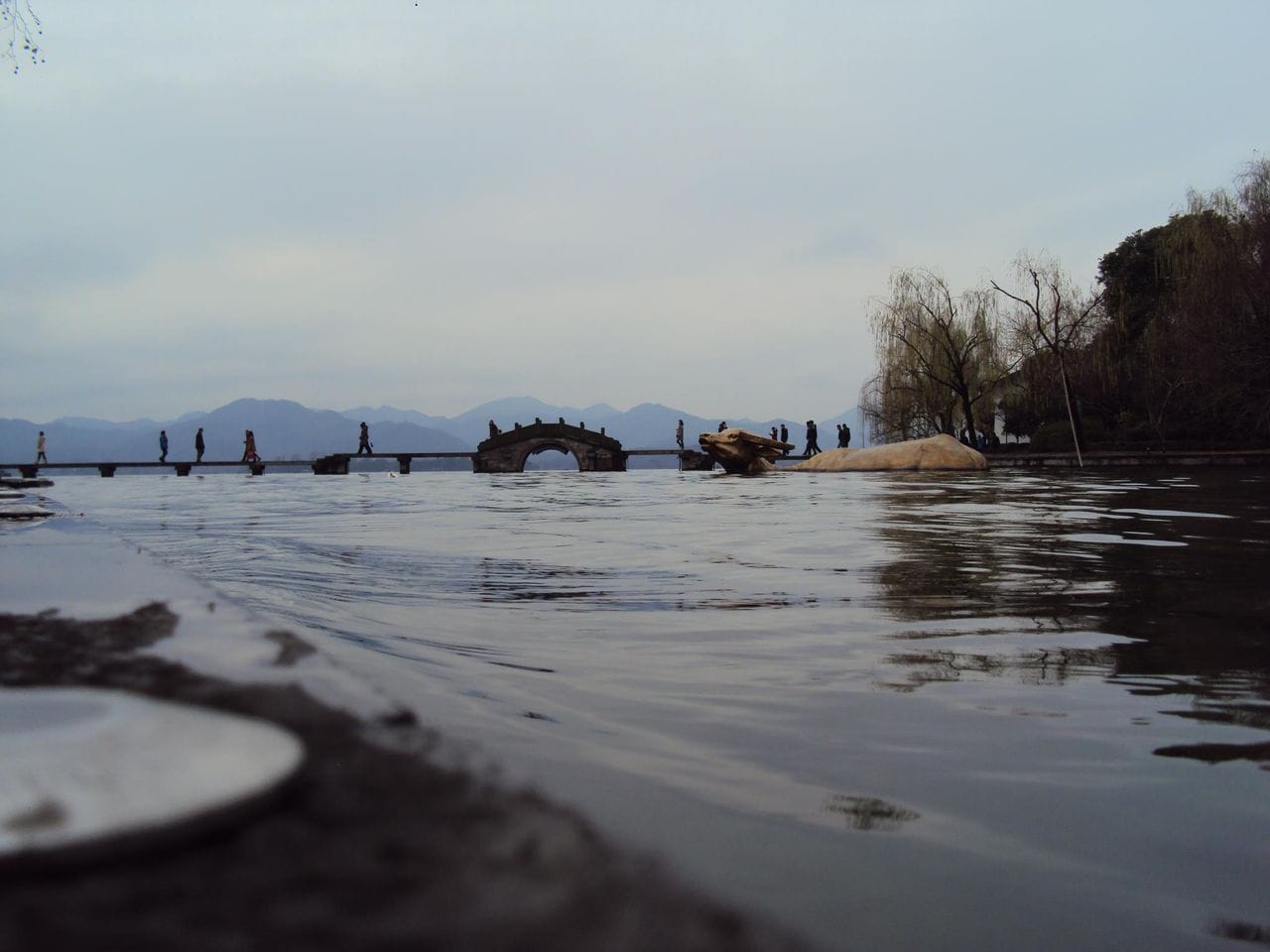
I conversed with the locals... (but conversation was sometimes difficult due to language barriers)
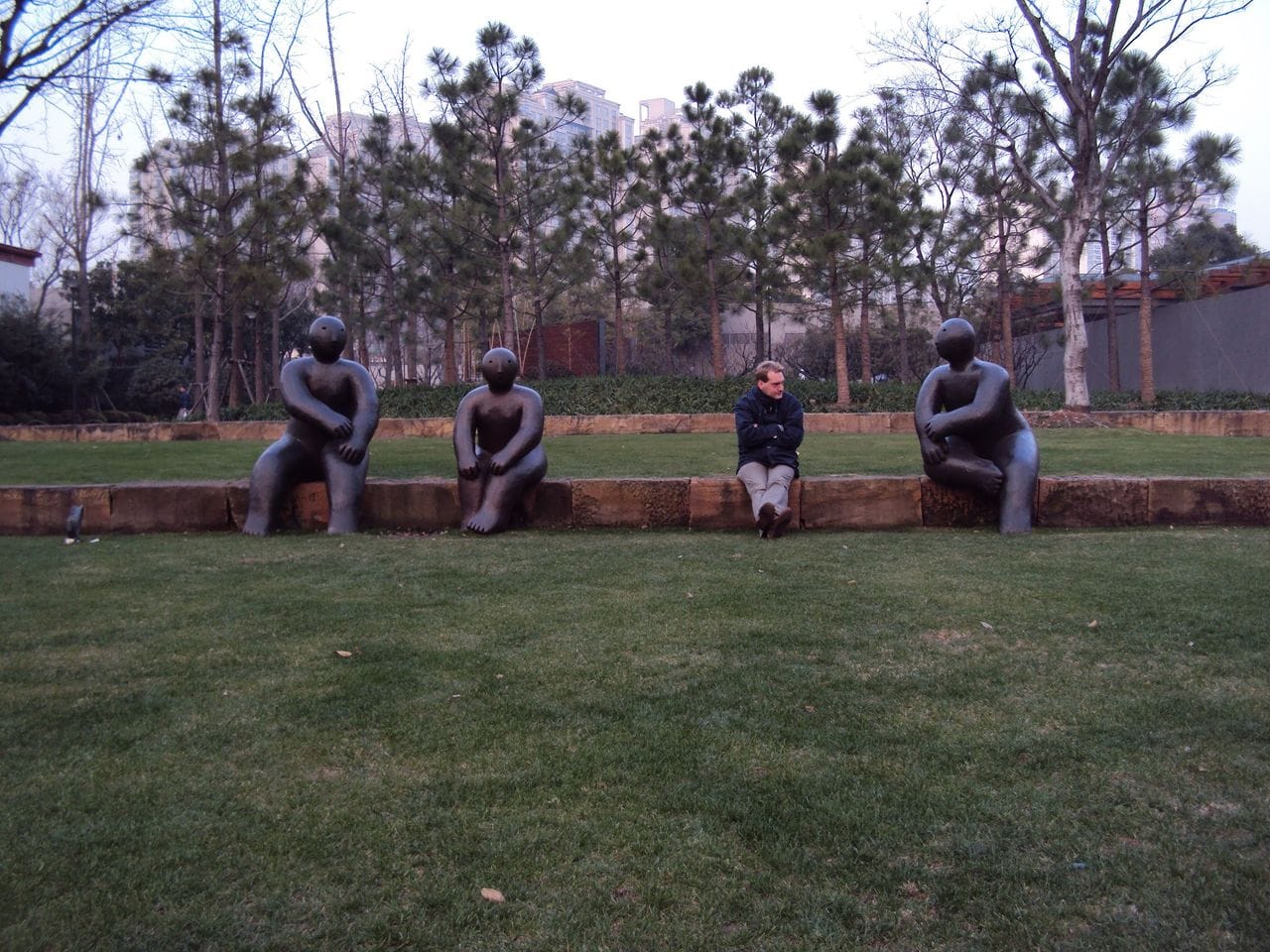
I took some high speed trains to zip around the place...

I stood on some silly towers...
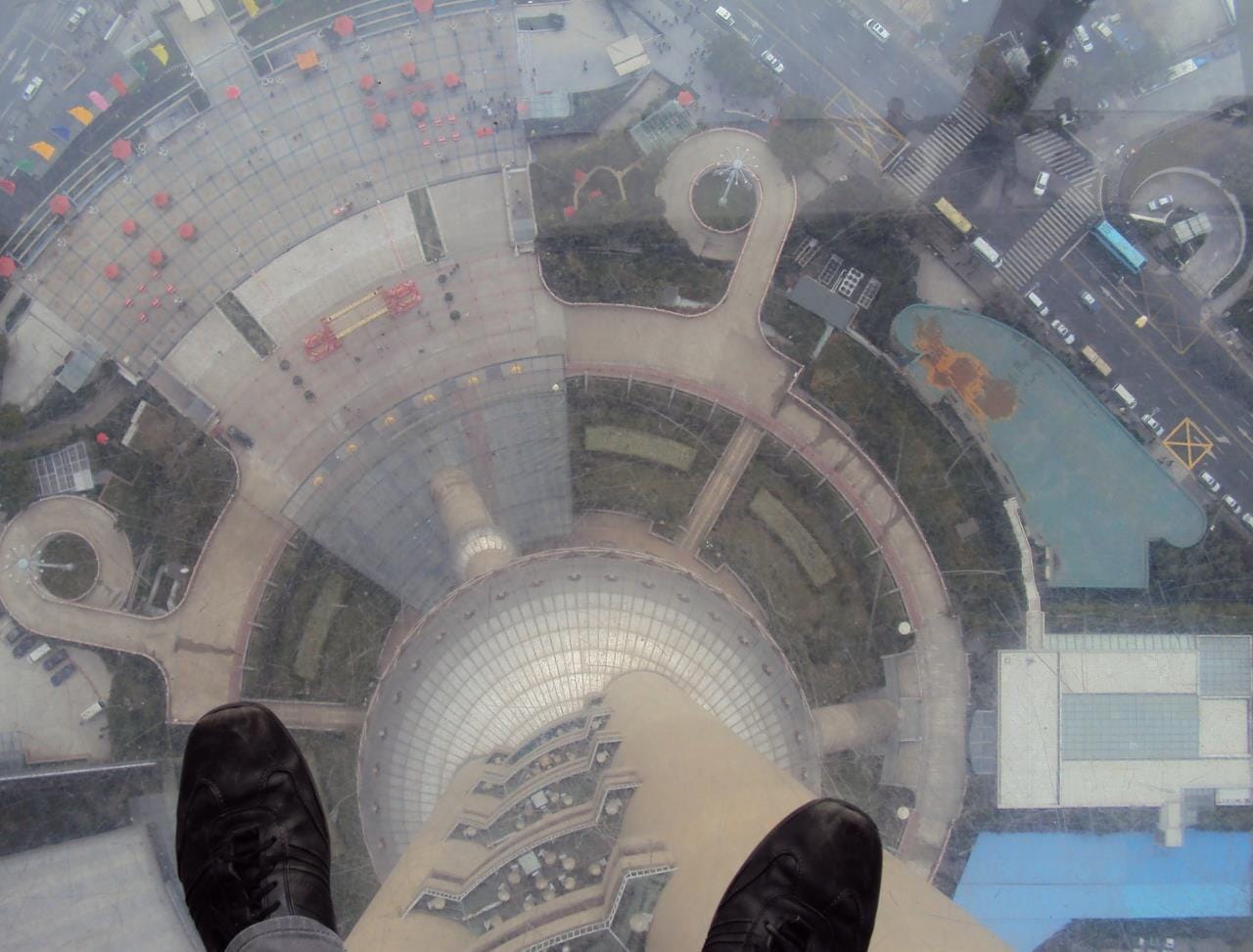
And I visited the financial districts...
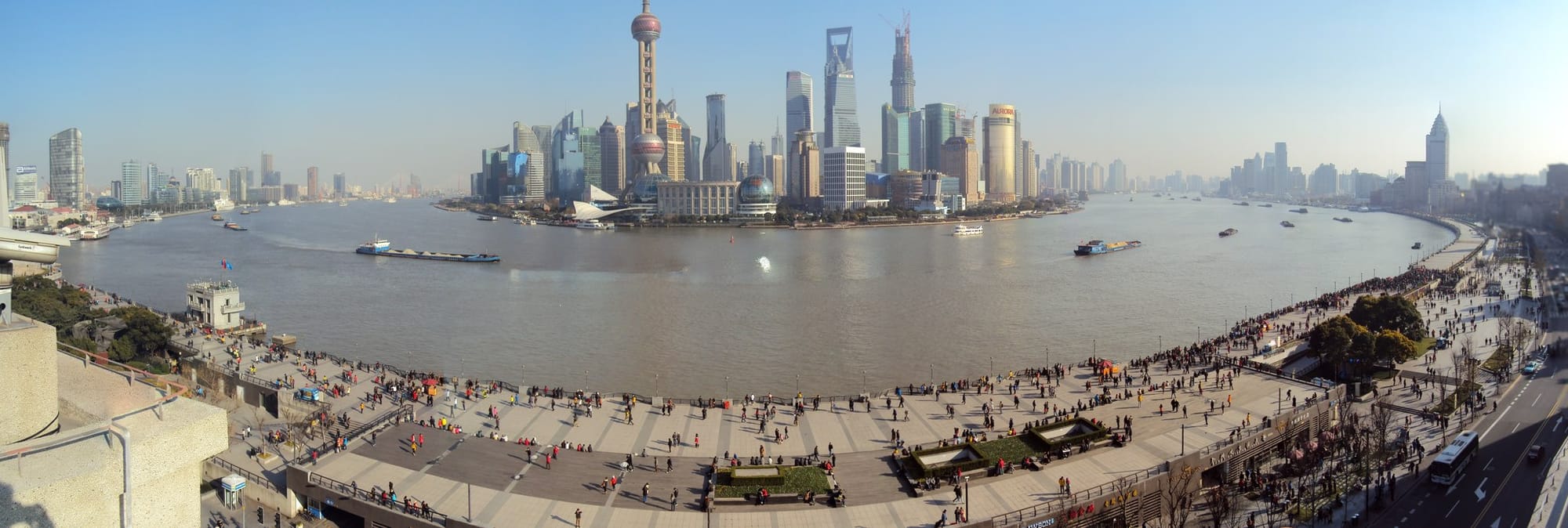
and there... in a museum...
(I always visit a lot of museums everywhere I go... And if you get the chance to do that literally all over the world, then all things have so many perspectives it's just too much fun to not keep adding them. And I was lucky enough to visit all continents on planet earth in my lifetime so i visited a LOT of museums too)
But there... in that museum... near the Bund in Shanghai, I discovered some money that I never knew even existed until I was staring at this old physical paper bill of...
The Mexican Dollar , brought to you by the Chinese-Belgian Bank !

And being born in Belgium myself... having visited America and Mexico, and standing there in China... after a career of working "in money" and "in government" in such a way I had continuous access to ALL data ALL the TIME , with an uncanny knack to automate and digitally structure data into infinity...
I was really surprised to find money I had never found before and it was staring me right in the face, in the form of a peace of paper I could actually touch and smell too.
So obviously, being the inquisitive little squirrel that I am...
I had to go find the origin story of this funny money. Since it was the funniest money I ever had in my hands and it still makes me laugh every time I think about it.
Because I was still pretty sure that Mexico isn't in china, and it definitely isn't in Belgium... and Mexico doesn't use dollars... so calling this "Local currency" when a Belgian organization creates these bills in China is just too much not to laugh about right?
Here's the full story as generally accepted history by all parties involved.

(Mexico, America, China and Belgium all agree on this! How many other things like that could you find? So this must be true right? even if it's on Wikipedia? )
So to be able to tell the origin story of the money created by that bank... I'll summarize its history for you first , and then you will finally be able to understand the origin of the Mexican Dollar in China created by Belgium.
The Bank
Origins and Early Expansion (1902–1920s)
- Founded in 1902 to manage Belgium’s share of reparations from China under the Boxer Protocol.
- Initial investors included major Belgian financial institutions.
- Opened branches in Shanghai, Tianjin, London, Beijing, Cairo, and Alexandria.
- Renamed Banque Belge pour l'Étranger in 1913, aligning more closely with Société Générale de Belgique.
- Expanded rapidly post-WWI to cities across Europe, the U.S., and Asia.
Contraction and Restructuring (1929–1935)
- The Great Depression led to the sale or transformation of many branches.
- Subsidiaries were created in Egypt, France, UK, and China.
- In 1935, Belgian banking reforms led to the liquidation of the holding company; assets were absorbed by Générale de Belgique.
Postwar Developments and Global Footprint
- Opened a Hong Kong subsidiary in 1935, which became its main Chinese operation after Communist nationalization of other branches.
- Played a key role in Catholic Diocese banking and equipment loans in Hong Kong.
- U.S. operations were restructured in 1950 as a Cold War precaution, eventually becoming part of Citibank.
- Egyptian operations were nationalized in 1960.
Final Transition
- In 2003, Fortis sold the Hong Kong BBE to ICBC (Asia).
- Renamed Belgian Bank in 2004, and fully merged into ICBC (Asia) by October 2005.
The "Money" and where it "came from"
The reason that a Belgian bank could create "Mexican Dollars" in China before world war 1... was quite simple really.
Because "The Dollar" isn't American at all. It was Mexican!
I mean... Talk about Globalism right?
The Mexican or “Spanish” dollar was in wide use from the 1500s until the middle of the nineteenth century. If not the first global currency, the Mexican dollar was at least the first Pacific currency. Divided into pieces of eight, it is the currency of pirate legends and songs. It was minted in Mexico starting in 1536 from silver mined in Central Europe, in northwestern Mexico, but most of all in the “silver mountain” of Potosí in today’s Bolivia.
For four hundreds of years the Mexican dollar was, if not quite “the world’s first global currency,” then at least the key lubricant that greased the wheels of the world’s trade. Most world histories are written from an Anglo-American perspective, as if the Americas suddenly sprang onto the stage in 1776 and China in the 1840s. In reality, Latin America and East Asia were already important parts of the global economy in the 1600s.
Starting to understand how America was born, as colonial spoils that rebelled against "The King" ?
So... When anyone asks the very important question...
Hang on... if your organization can only make 1 third of what you promised... you're just stealing 2 thirds of everything?
That's called debt! And it's always owed to someone right?
Who does the world owe this amount of 323.000.000.000 Dollars too?
well... ummm... Mexico I guess?
Taco's anyone?
